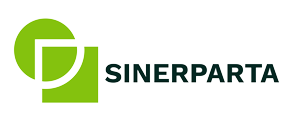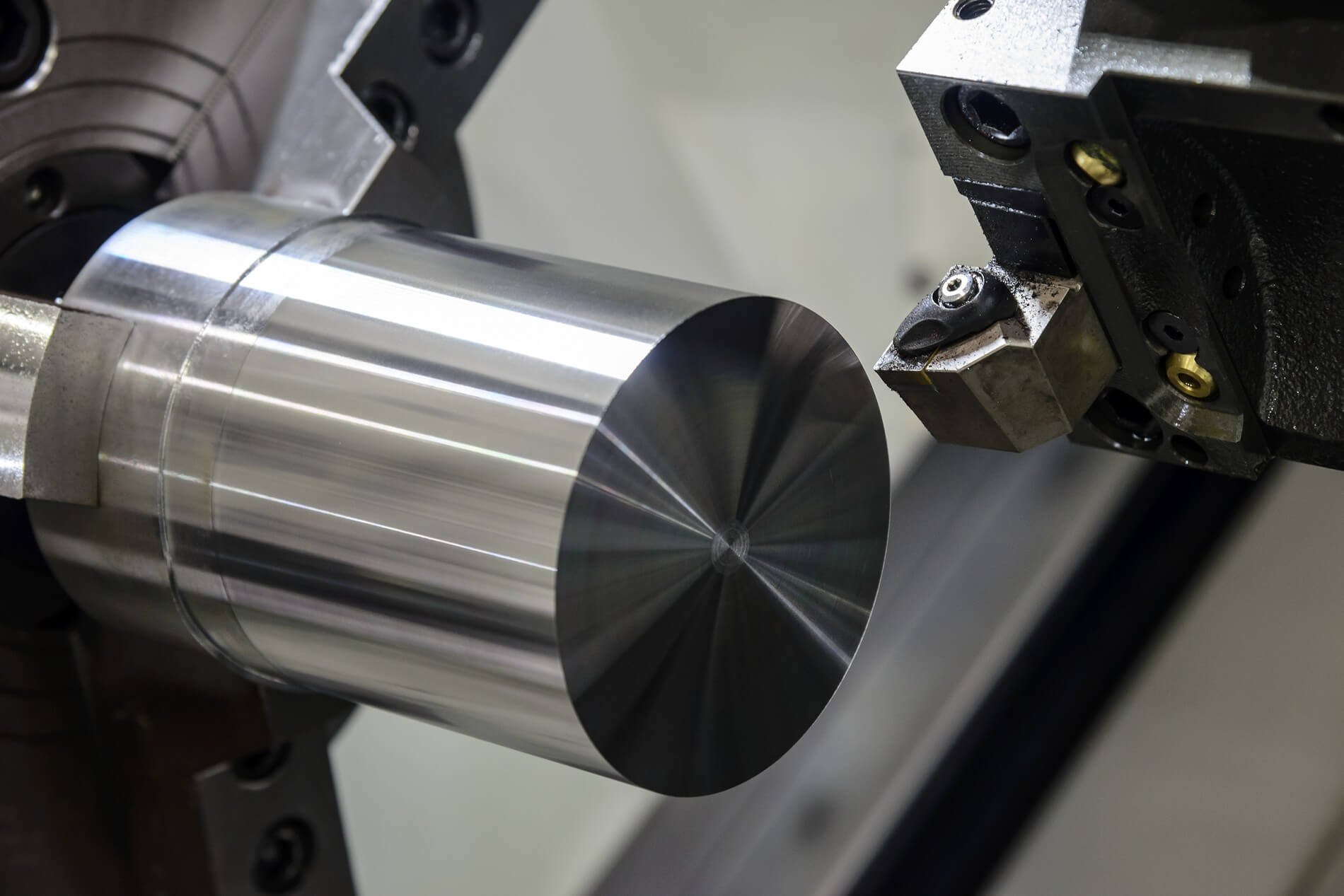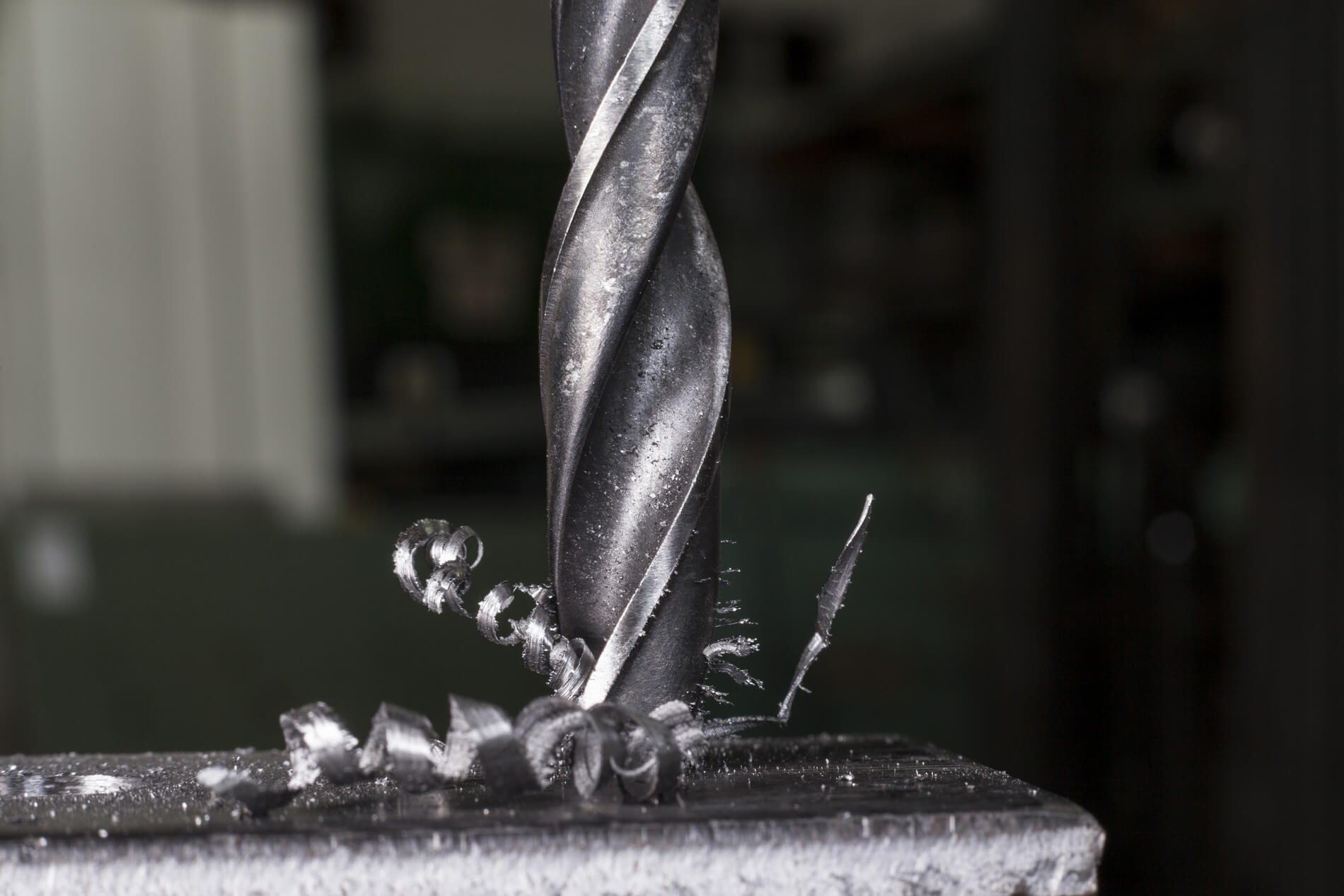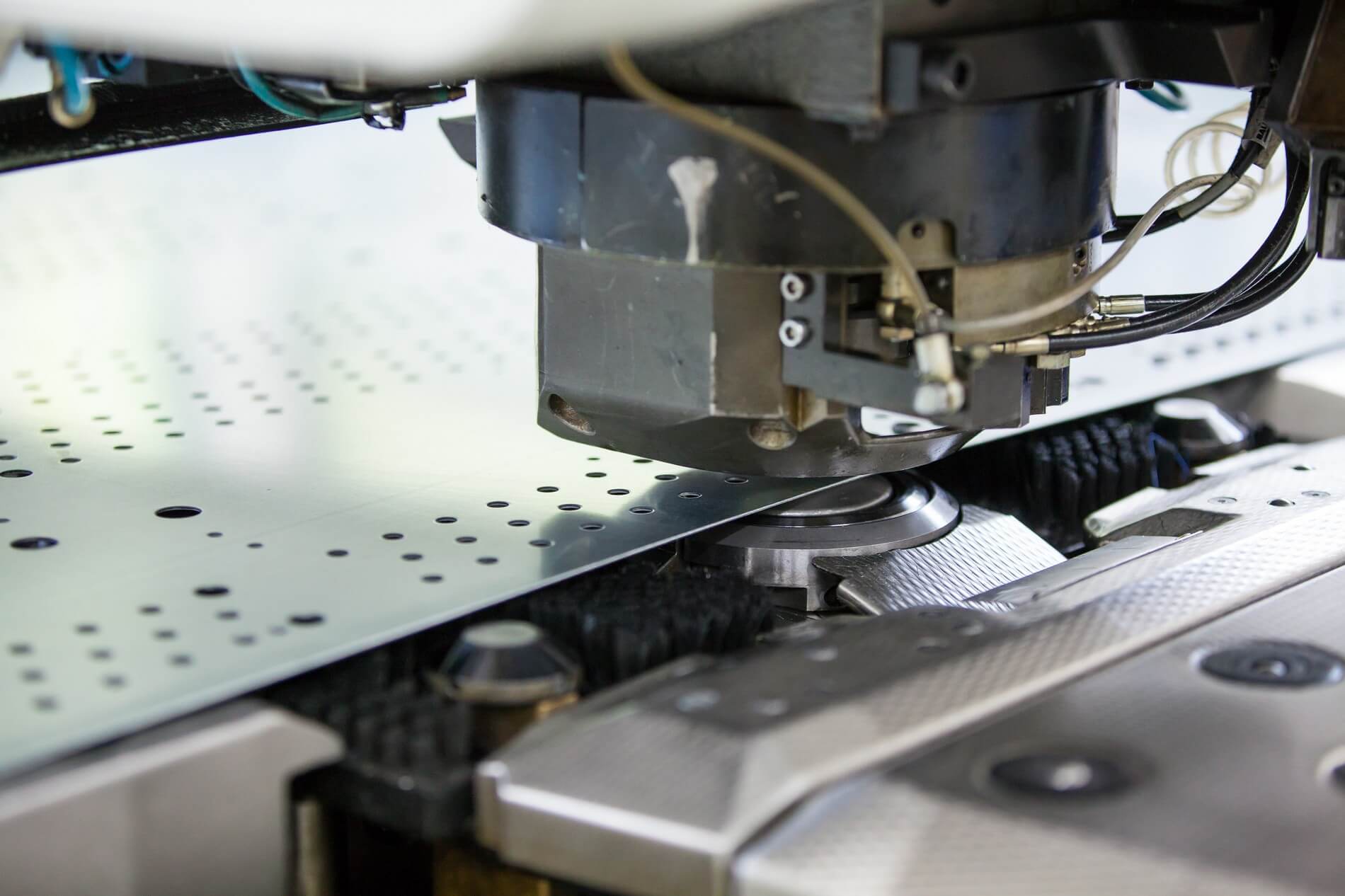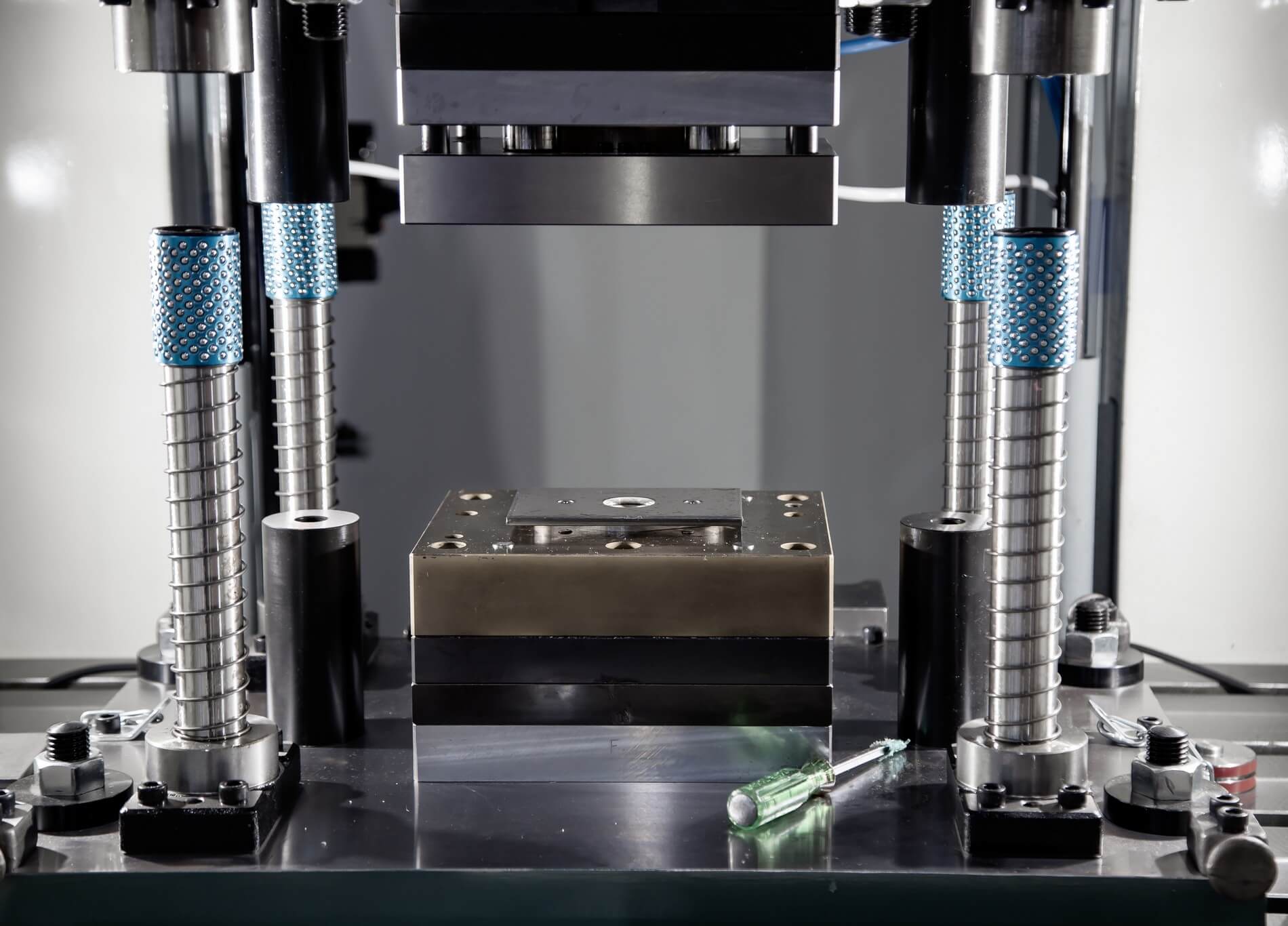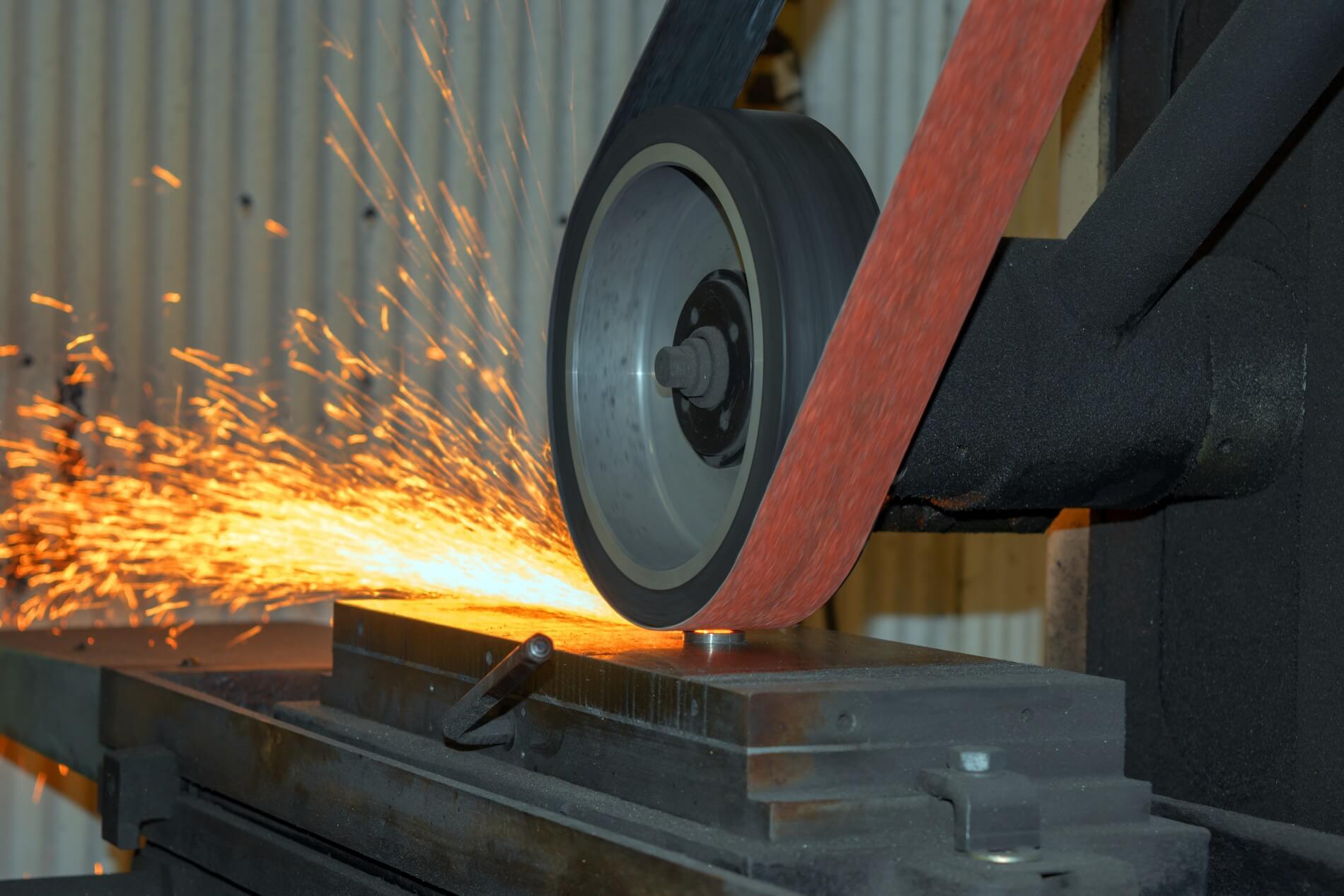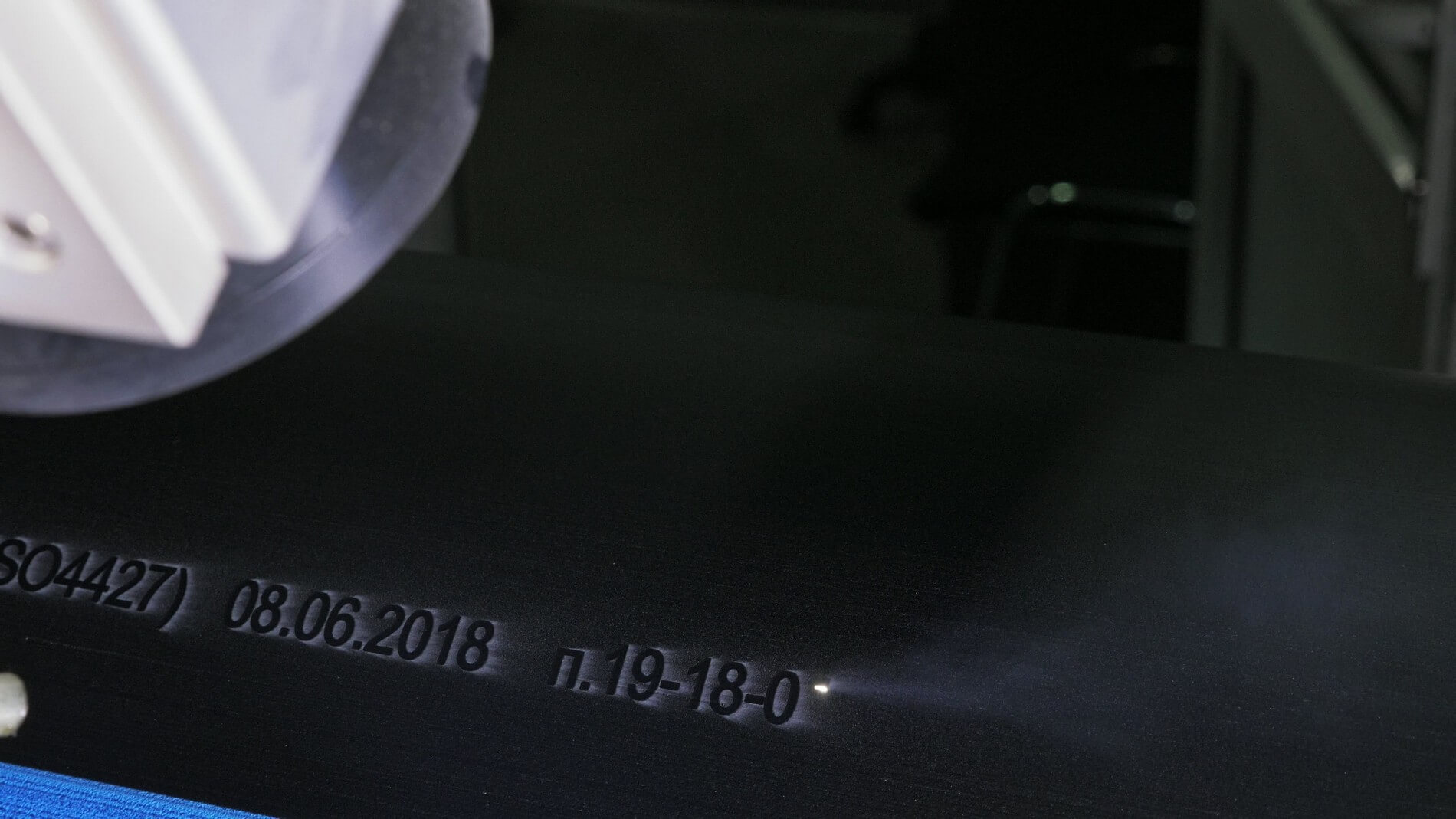WELCOME TO SINERPARTA
Services
We provide quality metalworking – steel processing services. All related info in this page.
We estimate and Quote supply prices for manufactured metal parts, components or assembled products.
We try to understand customer needs and strictly pay attention to provided requirements to arrange best possible production option.
We seek to maximize the customer’s value purchasing quality metal products and services at a reasonable price and within an agreed time frame.
Let us be your Production, Project or Product partner. Get in contact to get offer or talk about long term cooperation.
WELCOME TO SINERPARTA
Services
We provide quality metalworking – steel processing services. All related info in this page.
We estimate and Quote supply prices for manufactured metal parts, components or assembled products.
We try to understand customer needs and strictly pay attention to provided requirements to arrange best possible production option.
We seek to maximize the customer’s value purchasing quality metal products and services at a reasonable price and within an agreed time frame.
Let us be your Production, Project or Product partner. Get in contact to get offer or talk about long term cooperation.
Services provided by our company
Turning, Milling, Drilling, Bending, Cutting, Punching, Stamping, Welding, Grinding, Abrasive Cleaning, Engraving / Marking, Heat Treatment, Painting, Assembling and Packing
Turning
Turning is one of the main operations metal can be machined. The process is performed by cutting the metal, whereby both the inner and outer parts of the metal surface are machined accordingly. Turning is done using a lathe, either simple or special. The technological part of the process is the cutting of the metal raw material, which gives the required shape and surface quality.
We can offer services of CNC lathes and universal lathes.
Automated production with numerical control enables continuous control over the dimensions of workpieces. Programmable machines provide maximum precision and shortest production time.
Milling
Milling is called machine cutting of complex shapes, where the highest level of precision and the most sophisticated not only 2D but also 3D shapes are achieved by precise vector drawings. Today, milling services are used by a variety of companies and individuals who seek precision and exceptional design. Milling services are usually provided for manufacturing purposes, where a non-traditional form of molding or a special part shape is needed.
A machine tool program can take even the most complex shapes, opening up new opportunities for your ideas.
Drilling
Drilling is the most common way to make a hole in any part. The most important element of this process is the drill bit, which is selected depending on the material and surface.
The machine allows you to drill holes of the required diameter and depth in various fasteners, components and various metal products.
Bending
Bending is the process of forming workpiece corners or contouring. To avoid creasing and cracking of the inner contour, the bend need to be radius r ≥ 50 H.
Cutting
Water abrasive spray – waterjet
This allows all materials to be cut. The greatest advantage of this method is that the workpiece is not subjected to thermal stress during the cut, nor does it create any new stresses in the cutting area.
By laser
Laser cutting is an accurate, fast and cost-effective way to process sheet materials. Laser cutting of black steel results in a clean cut that allows the workpiece and parts to be galvanized or coated without further processing. The latest lasers also efficiently and precisely cut non-ferrous metals – stainless steel, aluminum, copper, brass or titanium.
Plasma / gas
Plasma is a gas wholly or partially ionized. Plasma cutting machines can provide an accurate and flawless cutting process using a concentrated electric arc, where a high temperature plasma pole melts and removes the cutting material from the cutting area.
Bandsaw
Band sawing is a quick, easy and inexpensive way to cut a wide variety of profiles, both solid and tubular. The bandsaw goes down with a rotating saw blade that cuts quickly and deeply into different thicknesses of metal. This type of metalworking is particularly applicable in the production of a wide range of products from black or stainless steel, aluminum, copper, brass and other materials. Blanks of required length and angle can be produced.
Circular saw
Circular sawing is a fast, easy and inexpensive way to cut a wide variety of profiles, both solid and tubular.
Choping
Cutting is the process of separating parts of the workpiece by means of various shears.
Erosive wire cutting
Electrical erosion is a metal working method where high voltage electrical discharge is used for cutting. Wire is an electrical erosion lathe used to generate electrical discharge.
Perforation
Hole punching is done after planting tools. Continuous or blind holes are obtained. Thick forged holes are punched on both sides, thin holes on one side using pallet rings. Holes are punched with solid or hollow (> 00400 mm) punches. When the hole diameter is d ≥ 5.0 D, the workpiece is highly deformable.
Stamping
Open stamping
The workpiece volume is larger than the forged volume, so accurate workpieces are not required. There is a special molding groove in the partitioning plane about the outer contour of the cavity for excess metal (molding). The die stops the flow of metal from the die cavity, making it better filled. After stamping, the outlets are trimmed.
Stamping with closed dies.
Stamping using horizontal forging machines, presses and hammers. The workpiece is deformed in a matrix that contains a punch with constant spacing. This results in a closed die cavity. Forgings are pushed out by pushers at low stamping gradients or a moving matrix without stamping gradients is used.
Welding
MIG/MAG/TIG
Welding is a technological process that results in the permanent joining of parts. Welded metals and their alloys, glass, pottery, plastics, non-metallic metals, etc. Welding is a cost-effective and most important technological process for connecting ship frames, fluid and gas tanks, metal wagons, boilers, steam and hydraulic turbines. Welding reduces production waste and saves materials, for example by replacing riveted structures with welds, saving about 15-20%.
Grinding
Flat grinding
Round grinding
The grinding operation is performed when the belt or tool is rotated in the normal direction of the workpiece surface, thus providing the necessary feed. The machining area is abundantly supplied with abrasive suspension or dry sanding is possible. No micro-cracks or scorch marks remain on the treated surface.
Abrasive cleaning
Sandblasting of metal – abrasive cleaning, so called sandblasting, allows to remove rust, paint, dirt that cannot be removed by hand cleaning such as oil stains, grease, dirt or soot.
Sandblasting abrasive cleaning of surfaces is done using abrasive materials. Abrasives are very hard materials that can be natural or artificial – synthetic.
Engraving / Marking
Metal engraving is a durable and clear way of marking many metals. Different procedures are used depending on the type of metal engraved.
If the metal has been treated or coated, the laser will engrave the top layer to reveal the underlying metal surface. The results depend on the metal used.
When engraving the raw metal, the C02 laser leaves blurred marks on its surface. If the metal is coated with a layer of a particular chemical compound and when the laser comes into contact with this chemical compound, it is trapped on the surface of the material and leaves lasting black marks.
Heat treatment of parts
Heat treatment is the process of purposefully changing the structure and properties of metals, their alloys and other materials by heating them to a certain temperature, maintaining them sufficiently, and cooling them at a specified rate. Available:
Annealing
Normalization
Hardening
High-frequency induction hardening
Release
Cementation – carbon saturation of the surface of low carbon steels
Hardness measurements of steel can be done with Brinell and Rockwell measuring tools and Ultrasonic Contact Impedance (UCI) hardness meters.
Painting
Powder painting
Powder coating is a popular and reliable method of painting in the metalworking industry. The surface of the metal part is coated with a special electrospray powder by a special spray. When exposed to electromagnetic forces, they adhere to the metal surface in a uniform layer. The powder coated parts are placed in an oven heated to 170 – 200 ° C. Depending on the thickness of the metal and the properties of the paint powder, the product is kept at this temperature for 10-30 minutes. At high temperatures, the powder melts and covers the metal surface with an even layer of 0.04-0.120 mm.
Wet painting
Wet painting is performed using high pressure airless equipment. Before painting, the products can be coated with various additional layers, eg anti-corrosion. Professional operators apply a thin coat of paint without leaks or drops.
Wet painting is commonly used for products that cannot be heated, cannot be disassembled, and thus do not fit into the furnace, for small and simple painting jobs where powder coating is not required. Also, if a color is required that cannot be obtained by powder coating.
Assembly and Packaging
Possible assembly of components and components into the final product. Upon customer’s request, assembly is done on time. The aim is to collect the maximum quantity of products in the shortest amount of time. Specific packaging solutions are available according to the customer’s wishes.
Paskambinkite
+370 614 00848
Parašykite mums
info@sinerparta.com
